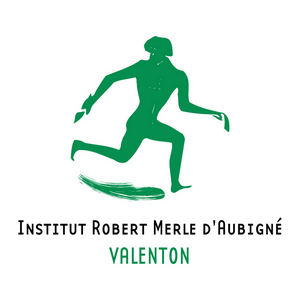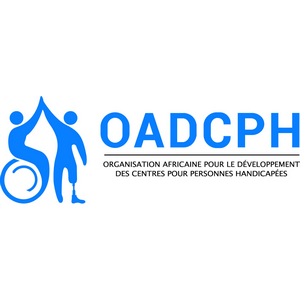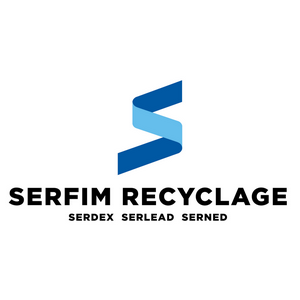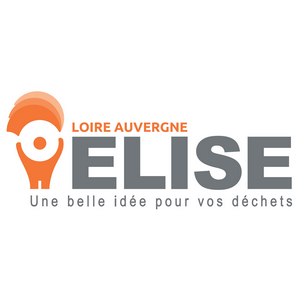Liimba: Giving a second life to prostheses thanks to refurbishment
Handicap International / Humanity & Inclusion (HI) collects prosthetic limbs to refurbish them thanks to the Liimba project, to allow the most vulnerable patients to access a prosthesis and regain their mobility.

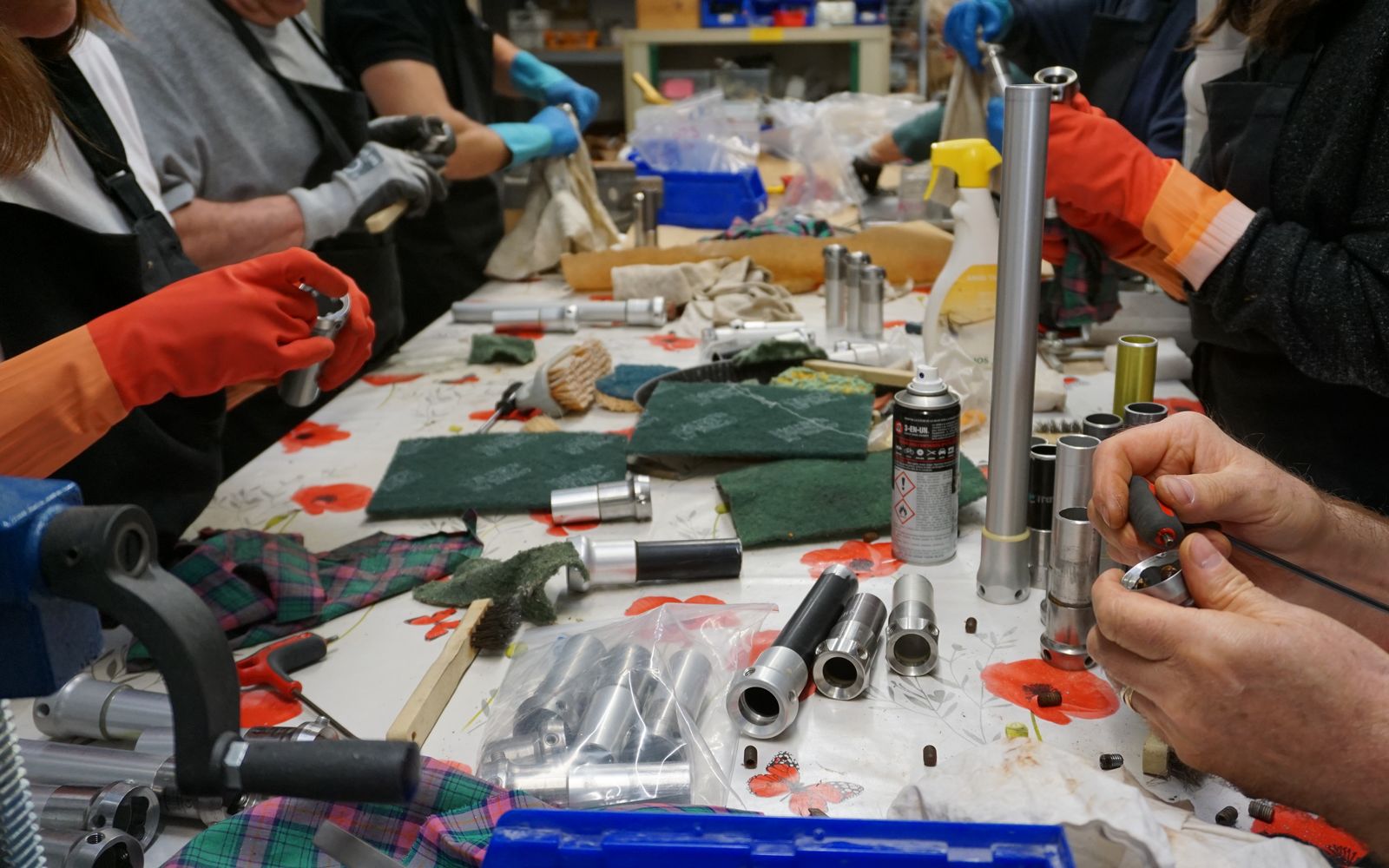


© R. Dufour / HI
The context
Access to prosthetic devices remains very limited for amputees worldwide, mainly due to the lack of availability of orthopaedic components and their high cost. Yet access to a prosthesis is essential to the physical and functional rehabilitation of amputees.
In France and some other European countries, amputees currently receive a new prosthesis every 5 years. Because of the strict regulations governing medical equipment, there is currently no reconditioning circuit, despite the very high quality of prosthetic components.
The Liimba project: What is HI doing?
For more than 15 years, HI has been collecting used prostheses, dismantling them and selecting components in very good condition for reconditioning at its workshop in Vénissieux, near Lyon in France. With the exception of sockets that cannot be adapted to another patient, all other components are sorted, cleaned and checked to make them as new as possible. Only components meeting the highest quality standards are retained. The components are then shipped to partner centres in the countries where HI operates, and provided as a donation to enable them to manufacture prostheses for amputees who would otherwise be unable to finance their own fitting. The WHO recommends setting up reconditioning systems to meet the high demand.
Our aim over the coming years is to grow this project together with our partners, both in terms of collection, structuring our workshop and identifying new beneficiary centres in our countries of intervention.




Why 'Liimba'?
The name 'Liimba' comes from a tree of African origin, with the addition of the double 'i', evoking two legs. Limba, an impressive 60 meters tall tree, evokes our desire to grow this project to enable more and more people to stand upright thanks to prostheses. We hope to see its branches grow in Europe as well as in the countries where HI operates.
Liimba is also a project with an environmental dimension, a player in the circular economy with an explicit waste reduction project.
As a name that can easily be used internationally, and which also refers to 'limb' in English, it will enable the project to build a new imaginary world centred on the patient who regains his or her mobility. In this way, we want to emphasize that the Liimba project is entirely focused on the needs of orthoprosthetists and their patients, in order to provide them with the best possible quality components.
You can donate your unused prostheses to give them a second life by dropping them off or sending them to our head office in Lyon (138 avenue des Frères Lumière - 69008 Lyon - France). You can also talk to your orthoprosthetist about us.
We're looking for motivated people to help us dismantle and recondition prostheses in our workshop in Vénissieux. Join our team of volunteers! No specific expertise is required.
We would be delighted to talk to you about raising your patients' awareness and collecting used prostheses.
We'd be delighted to discuss our project and how you can support us to make it grow, whether through financial, in-kind or skills sponsorship, or by mobilizing your network in the orthopaedics sector.
For all inquiries, please contact us using the details at the bottom of the page.
Discover the locations where prostheses are collected in France.
Many thanks to all the orthoprosthetists and their patients who entrust us with their prostheses.
Our partners fitting patients:
We especially thank the P&O schools Institut Monplaisir in Valence and Lycée d’Alembert in Paris.
Our logistics partners:
Other partners:
We thank Emlyon Business School and Solvay Brussels School. We also thank SIDAS for their support.
The depiction and use of boundaries, geographic names and related data shown on this map are not warranted to be error free nor do they necessarily imply official endorsement or acceptance by HI.
SUCCESS STORY
Jamaima, orthoprosthetist: a profession of service to others
In Uganda, Jamaima, orthoprosthetist and 3D Petra project manager, helps Elli try out her new prosthesis. Her prosthesis had become too small. The new one was made using a combination of 3D printing and refurbished Liimba components.
Don't hesitate to write to us if you have any requests or questions about the Liimba project!
If you would like to come directly to our Vénissieux workshop, please contact us by e-mail as it is not open every day.
Victoire HUBERT
Liimba Manager
Patrick PETIT
Liimba Workshop Manager


